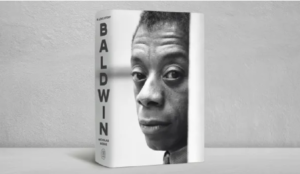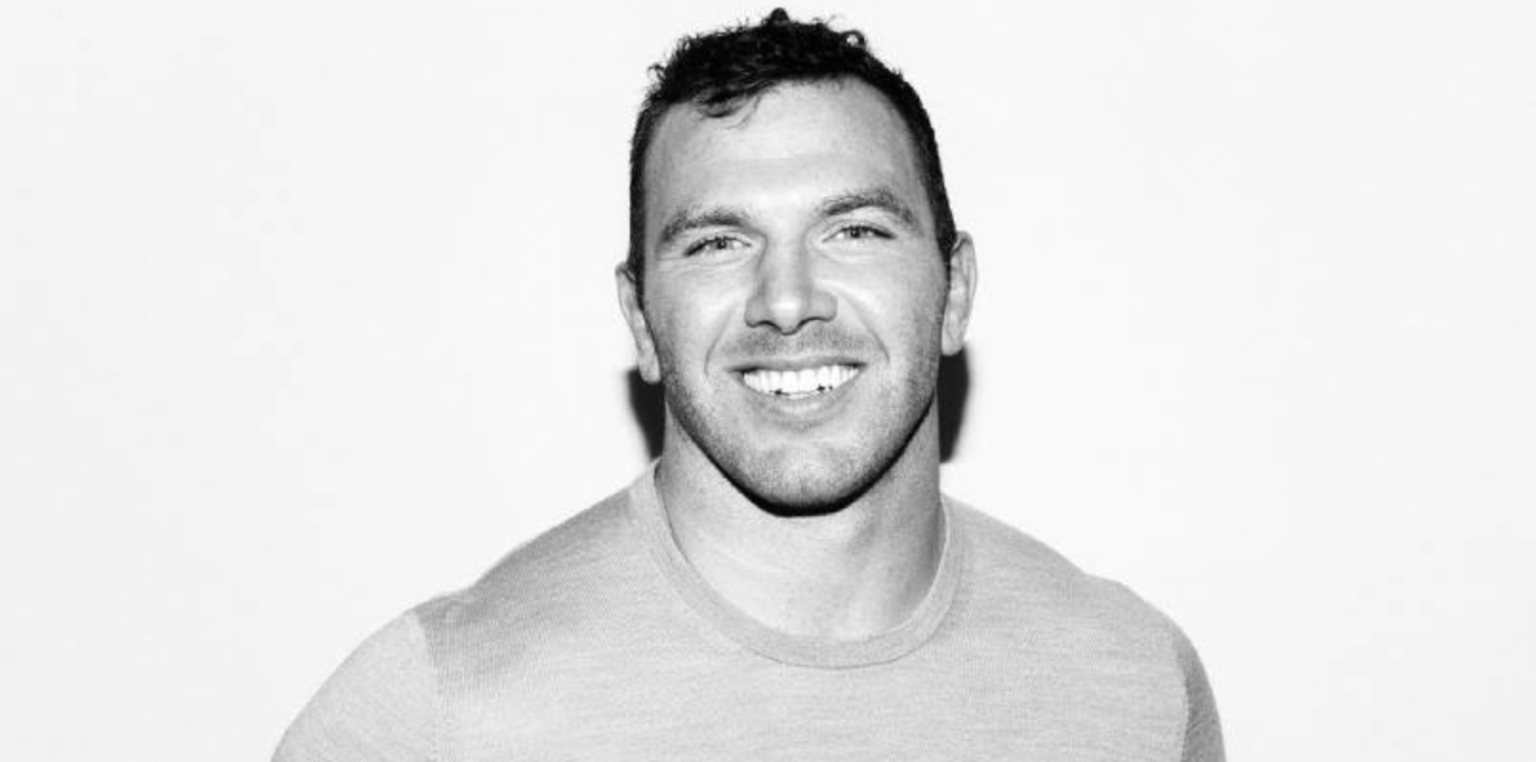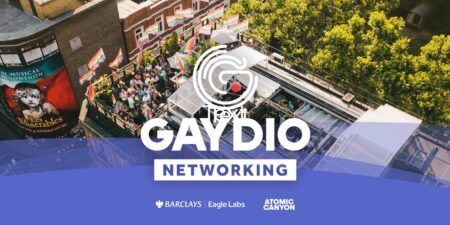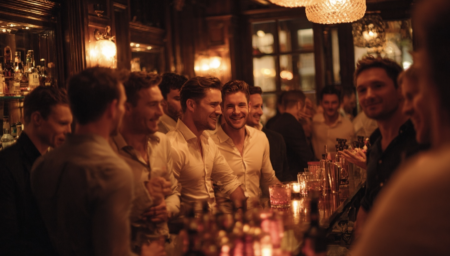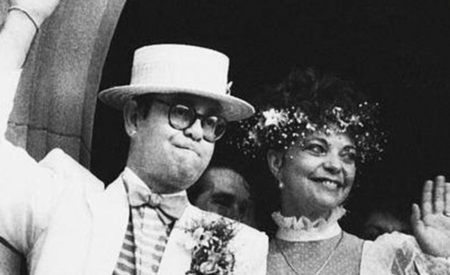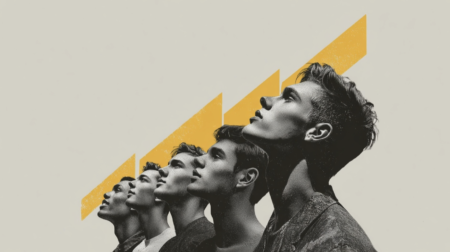Keegan Hirst [picture from lgbt-speakers.com], British former professional rugby league player and major-league hot-stuff, is widely recognised for breaking significant ground when he came out as gay in 2015, becoming the first openly gay player in the sport. At the time, Hirst was playing for Batley Bulldogs and was 27 years old. His announcement challenged the rigid, macho stereotypes associated with rugby league, a sport often seen as unwelcoming to LGBTQ+ identities. Hirst himself admitted to an intense internal struggle with his sexuality, once telling media outlets that, coming from a place like Batley, the idea of being gay felt inconceivable. Despite this, he received an outpouring of support from fans and teammates alike, which helped underscore the positive shift slowly happening in sports culture around sexuality.
Since retiring from professional rugby, Hirst has shifted his focus to life coaching, specifically working with gay men to enhance their physical fitness and mental well-being. His transition from athlete to coach highlights not just a personal evolution but his commitment to supporting others grappling with their identities and the challenges that can accompany coming out, especially later in life. Hirst’s coaching practice, Gay Man’s Coaching, provides tailored physical and therapeutic guidance, and he has even expanded these services internationally, recently hosting a multi-day event in Chicago.
In a revealing conversation on the All Out podcast, Hirst opened up candidly about the lasting impact of internalised homophobia, describing how it shaped his early experiences with intimacy. Initially, his encounters with men were transactional and lacking emotional fulfilment, coloured by feelings of shame and a need to quickly dissociate afterward. He confessed that it took years—perhaps even ongoing effort—to shed these internalised negative feelings. After coming out, Hirst quickly entered a relationship, which, while perhaps rushed, played a pivotal role in helping him reclaim a more positive and emotionally connected experience of gay relationships, moving beyond hookups that felt dehumanising.
Hirst also candidly shared the awkwardness and challenges of navigating the gay dating scene post-coming out, recalling his first visits to gay clubs and the attention he drew due to his size. Early on, he welcomed the newfound attention and sexual freedom, even joking about being ‘someone’s fantasy’ or a ‘porn search’, but he soon recognised the downsides of being objectified. He faced situations where people’s motivations felt less about connection and more about status, reminding himself that he was “not a piece of meat,” a sentiment complicated by his responsibilities as a father to two young children.
Today, Hirst is in a committed relationship with Joel Wood, the co-host of the popular Happy Healthy Homo podcast, who has a substantial social media following. Their partnership further reflects Hirst’s growth from a man burdened by shame and secrecy to one who embraces openness and emotional connection. Through both his coaching and his public openness, Hirst contributes meaningfully to dismantling taboos about gay men in sports and encourages others to live authentically and healthily.
Hirst’s journey encapsulates not only personal courage but also the evolving landscape for LGBTQ+ athletes, showing that acceptance—both internal and external—is a process, often punctuated by moments of liberation as well as struggle. His story remains a touchstone in ongoing conversations about inclusivity and mental health in sport and beyond.
Source: Noah Wire Services





